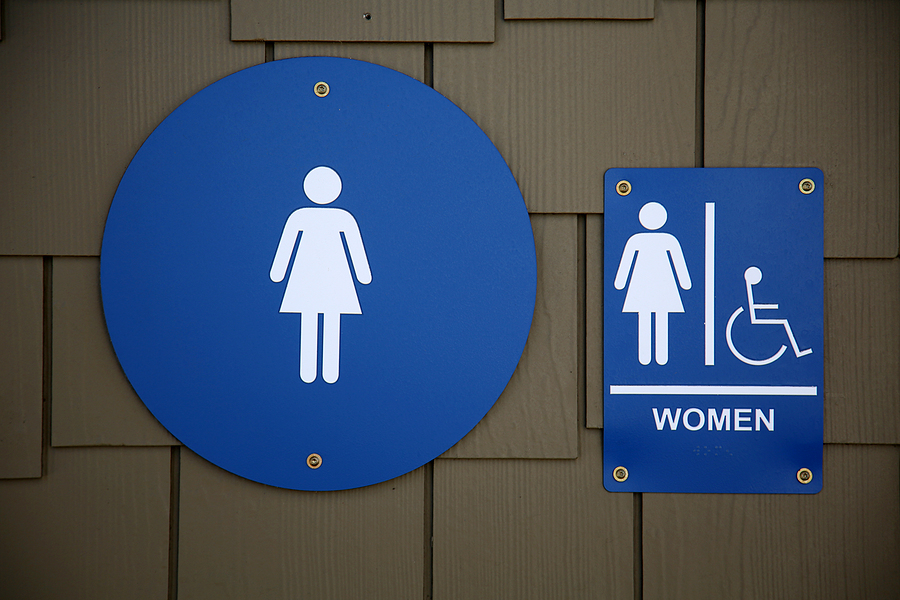TRENTON, NJ – The New Jersey Division on Civil Rights (DCR), under the leadership of Attorney General Matthew J. Platkin, has issued Findings of Probable Cause against the Crowne Plaza Edison hotel for failing to provide accessible public restrooms during a conference for individuals with spina bifida and other disabilities. This decision stems from complaints lodged by attendees of a conference organized by the Spina Bifida Resource Network, a non-profit dedicated to serving and advocating for those with spina bifida and related disabilities.
The investigation revealed that the hotel did not offer a wheelchair-accessible restroom for the event’s participants, many of whom were wheelchair users. This oversight is in direct conflict with the New Jersey Law Against Discrimination (LAD), which mandates that public accommodations, such as hotels, must ensure equal access to their facilities and services for people with disabilities, barring undue hardship.
Despite prior notification from the conference organizers about the attendees’ specific needs, the hotel’s only first-floor wheelchair-accessible restroom was under renovation and unavailable. The hotel’s initial alternative – directing attendees to an inaccessible first-floor restroom – proved inadequate. Consequently, attendees requiring restroom access had to be escorted to private guest rooms on different floors, some of which were occupied by other guests. This solution was deemed insufficient by DCR, as it did not provide equal access to the hotel’s facilities.
Attorney General Platkin expressed dismay that a venue hosting a disability advocacy conference failed to meet the necessary accommodations, emphasizing that such failures contravene state law. DCR Director Sundeep Iyer highlighted the ongoing challenges faced by individuals with disabilities regarding access to public spaces and services.
The issuance of Findings of Probable Cause is not a final judgment but indicates enough evidence to suspect a violation of the LAD. The case now moves towards conciliation for a possible negotiated resolution. If unresolved, it will advance to prosecution by a Deputy Attorney General in either Superior Court or the New Jersey Office of Administrative Law. This action underscores New Jersey’s commitment to enforcing laws designed to ensure people with disabilities receive equal access and treatment in public accommodations.
